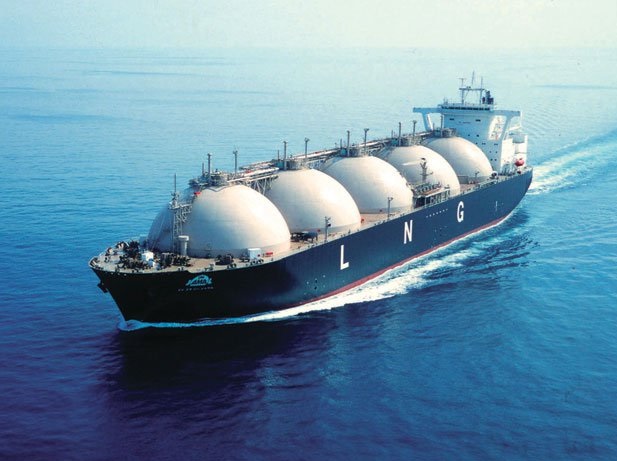 |
During the parliamentary pause, US lawmakers reached a controversial deal on the gas pipeline in the eastern Mediterranean.
The legislative text reflects a bill circulated in Congress last year and promises a range of US assistance for the development of natural gas resources off the coast of Israel and Cyprus, including support for the construction of LNG pipelines and terminals and the creation of a joint Eastern Mediterranean and United States Energy Center in the region, to be led by the US Department of Energy.
The incentive that led to the discovery of Exxon Mobil
The swift political movement on Capitol Hill came just months after Exxon Mobil announced one of the biggest gas field discoveries in recent years off the coast of Cyprus last February - the latest in a series of new discoveries in the region over the last decade.
In 2013, the Hudson Institute was the first major institution to call on the US to provide military assistance to Cyprus and promote the development of new gas discoveries in the region. The following year, the Hudson Institute published a long follow-up report on the matter, according to which Exxon Mobil donated $ 15,000 to think-tank experts. Seth Cropsey, a senior Pentagon official for the Reagan administrations and George H.W. Bush has been the key driver of both reports.
New gas discoveries have led to increased coordination between Israel, Greece, and Cyprus.
The Cyprus-Turkey controversy over natural gas drilling is well known in Europe. Cyprus is under increasing pressure from Turkey, which opposes the development of new gas fields off the controversial island state coast and has used its navy to threaten drilling vessels.
Albania, a key point?
The United States of America is exploring the potential for penetration and application of LNG in Central and Eastern Europe, in which Albania may also become a part. In an interview with Monitor magazine a few days ago, just arriving in Tirana, US Undersecretary for Fossil Energy Steven Winberg said there was the potential for Albania to be a gas entry hub.
“I think there is the potential to be a center. LNG transport will definitely be by sea. Then the question is: will Albania or another country in the region build an import terminal, what we call a regasification terminal. Because LNG comes in a cold liquid state and then needs to be warmed up to be converted back to natural gas. It can be done. Another option, rather than building all that infrastructure first, is to build a virtual pipeline. So we bring LNG, put it in smaller containers that can be transported by truck or rail where the market demand is. So as you build this market demand, the pipelines come after them because it probably makes more economic sense than building the pipeline from the beginning. So, I think it's a two or three-phase operation here, which for us seems very attractive and I believe it looks attractive first for Albania, but also for the wider region," he said in the interview.
Asked about the possibility of using the Vlora power plant for this idea, Winberg said it was a possibility.
“Vlora power plant? I know. We've already had some discussions about it and I think that might be the anchor to build what I previously called a virtual pipeline. Converting that plant to natural gas, repairing or updating some of the plant's systems, and then coming LNG into containers to supply the plant - with the necessary updates - would be one of the most efficient, cleanest plants in Europe.", he said.
Penetration of liquefied natural gas (LNG) into the Albanian market and its use for the operation of the Vlora power plant, the construction of deposits or even a future LNG terminal, which would make Albania an excellent distributor of exported LNG quantities from the US, have been topics that were also discussed during the visit of Infrastructure and Energy Minister Belinda Balluku with senior officials of the US Department of Energy at the end of the week.
